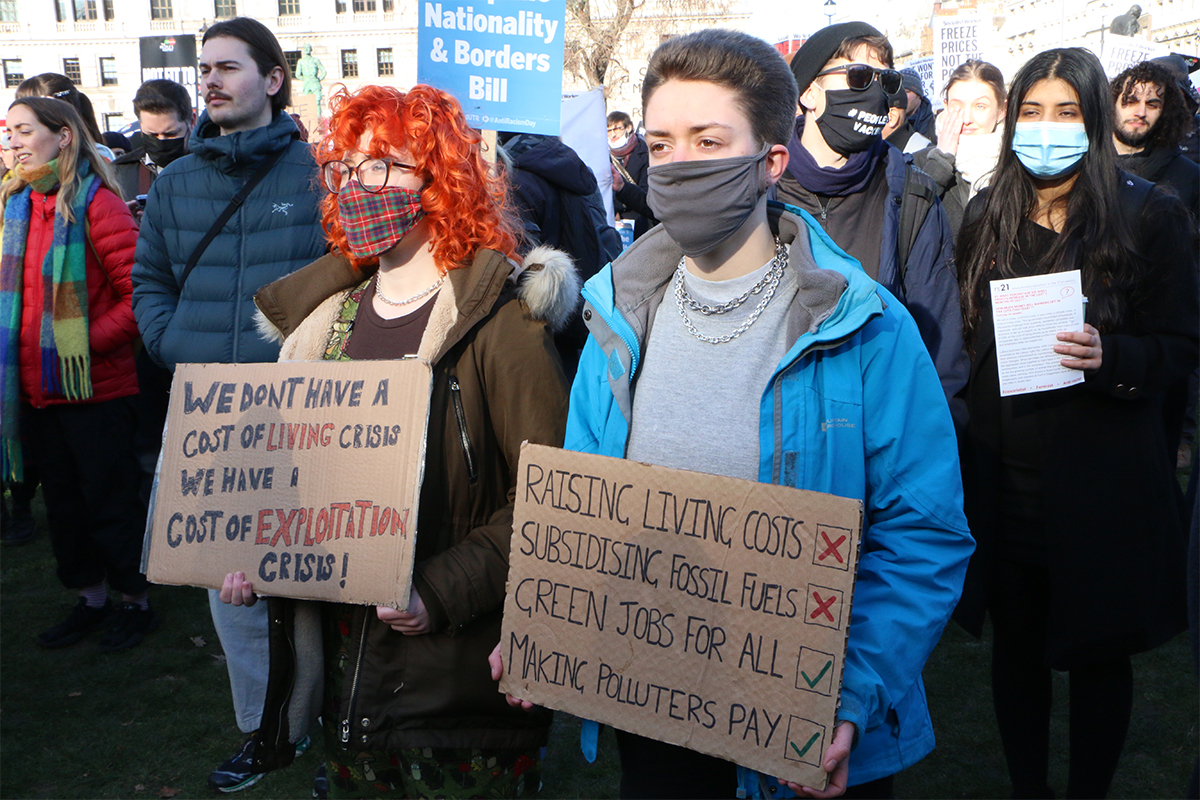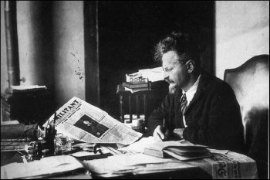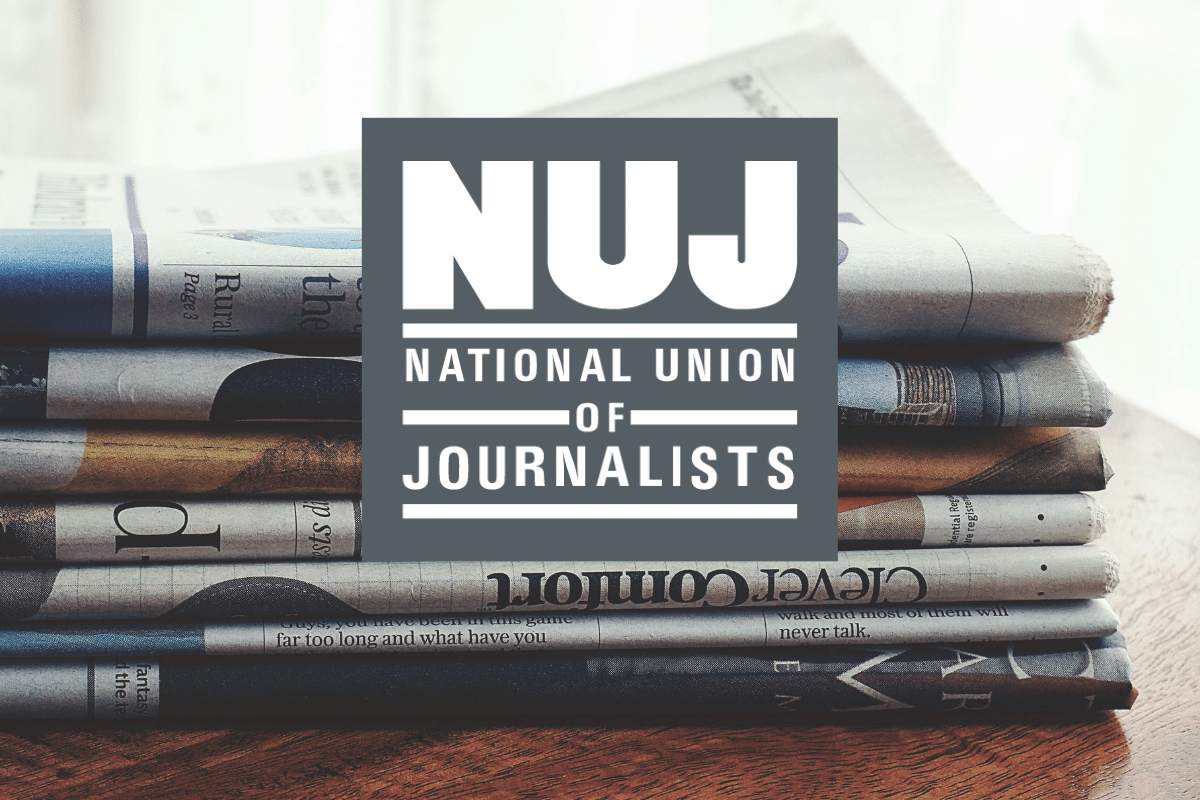Journalists in the NUJ have voted overwhelmingly in favour of strike action at one of Britain’s biggest media outlets, Reach PLC. With the class struggle spreading to the media, the establishment is no doubt fearful of where this could lead.
On 12 August, journalists organised in the National Union of Journalists (NUJ) at Reach PLC voted 79 per cent in favour of strike action, after pay negotiations ended in deadlock.
With journalists up and down the country working at Reach – which owns the Mirror, Express, and a host of local titles – this could be the largest strike in years for the industry.
Journalists at Reach will walk out over four days, on 26 and 31 August and 15 and 16 September. They will be joined by journalists at National World Scotsman Publications, who will strike for two days on 26 August and 2 September.
In doing so, they will follow in the footsteps of waves of workers taking industrial action this year, from rail workers and refuse collectors, to postal workers and barristers.
How the vote to strike by NUJ members came to pass will be familiar to any worker. Companies everywhere are attempting to goad staff into accepting pay increases that are dwarfed by ever-rising rates of inflation, fuel costs, and energy bills.
In Britain and across the world, workers are being forced to pay for the deepening crisis of capitalism, as costs for essential goods rocket. Meanwhile, big companies are celebrating record profits, and the bosses are pocketing eye-watering bonuses.
An upswing in strike action is sweeping the economy as a result. This is even now spreading to one of the ruling class’ most useful weapons: the media.
Workers squeezed
 The NUJ moved to a ballot on industrial action after members rejected Reach’s final offer of a 3% pay rise. The union had initially asked for around 8% in light of both the cost-of-living squeeze and a decade of below-inflation pay rises.
The NUJ moved to a ballot on industrial action after members rejected Reach’s final offer of a 3% pay rise. The union had initially asked for around 8% in light of both the cost-of-living squeeze and a decade of below-inflation pay rises.
To add insult to injury, Reach Chief Executive Jim Mullen and Chief Finance Officer Simon Fuller recently saw their own pay packets increase by more than 740% each, to £4.09 million and £3.39 million! Mullen and Fueller clearly felt their previous earnings of £485,000 and £381,000, respectively, were not enough to get by on.
These bosses even had the cheek to plead poverty and tell staff that their pay would be looked at again next year. They said they simply cannot afford to increase wages for staff, despite Reach having saved millions of pounds by shuttering three-quarters of its newsrooms. In doing so the bosses have passed many of their overheads onto their staff by forcing them to work from home.
On top of that, the company is happy to cynically profit from publishing a deluge of sympathetic stories about the cost-of-living crisis. For example, the Mirror recently backed the RMT rail strikes on their front page, and printed an exclusive interview with Mick Lynch. If only the bosses practised what they preached!
Reach bosses and management continue to rub journalists’ faces in an ever-worsening cost-of-living crisis through their cynical editorial line – designed to sell papers from a crisis many reporters are now sinking into themselves.
For a workers’ media
 The effects of the crisis of capitalism are clearly leaving their mark on some of those who staff the capitalists’ media apparatus. Whilst the crisis of the system hits them in their pockets, their bosses are busy granting themselves obscene pay rises.
The effects of the crisis of capitalism are clearly leaving their mark on some of those who staff the capitalists’ media apparatus. Whilst the crisis of the system hits them in their pockets, their bosses are busy granting themselves obscene pay rises.
Of course, the top editors and commentators of the capitalist media are tied by a thousand threads to the establishment, and will loyally churn out propaganda that defends their class rule.
But journalists on the ground are increasingly realising the limits of a system that puts profit above all else. There’s only so much they can be squeezed before they organise to fight back.
Struggles such as that of the Coventry bin workers show how militant strike action that hits the bosses’ pockets gets results. This will no doubt have inspired journalists at Reach in their own pay dispute, who in turn will inspire journalists across the media to take action themselves.
The fact that journalists in one of the biggest media outlets are moving into action against their bosses is a symptom of how deep the crisis of capitalism has become. As the strike wave develops, more and more journalists will become increasingly sympathetic with the struggles of striking workers elsewhere, rather than with the pro-capitalist line of their editors and billionaire owners.
No doubt the establishment is watching these developments with alarm, fearful of the implications in the event of a social explosion.
The upcoming strike at Reach is an important first step in turning the tables on the bosses. Ultimately, however, the only way to beat the press barons is to take the big media outlets into public ownership, and place them under democratic workers’ control, as part of a socialist plan of production.
Only in this way can the resources of the media be allocated democratically to political trends and groups within society. In doing so, the media would be opened up as a valued resource for all, instead of a tool for a handful of billionaires.






